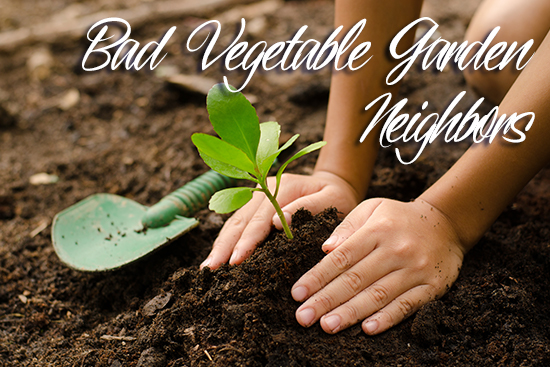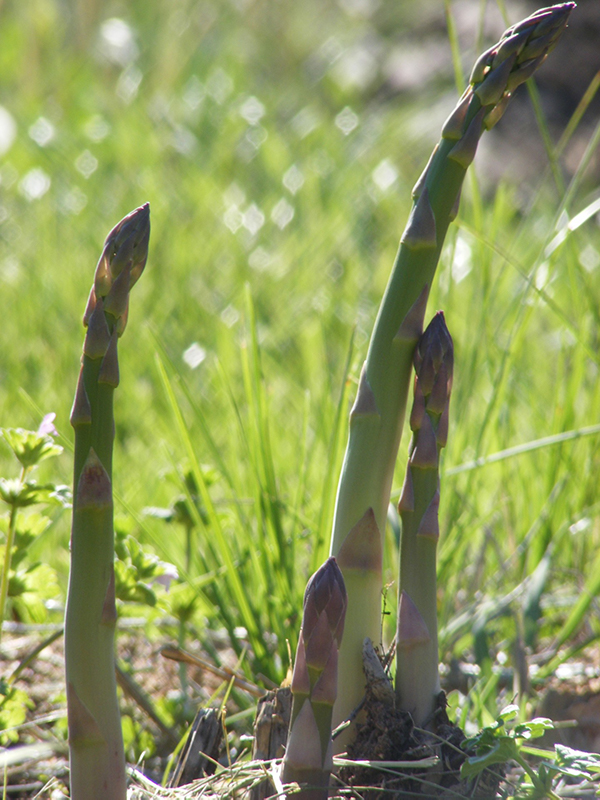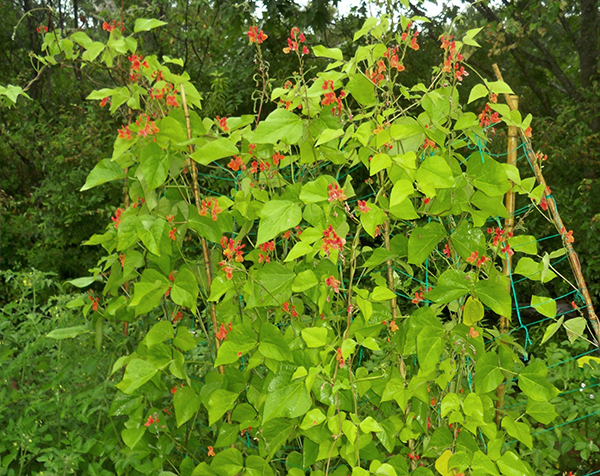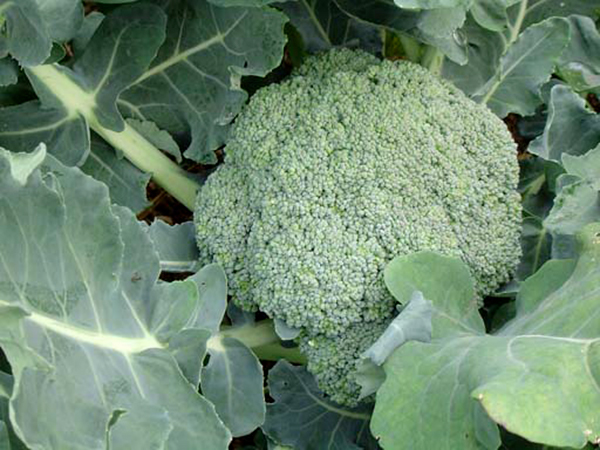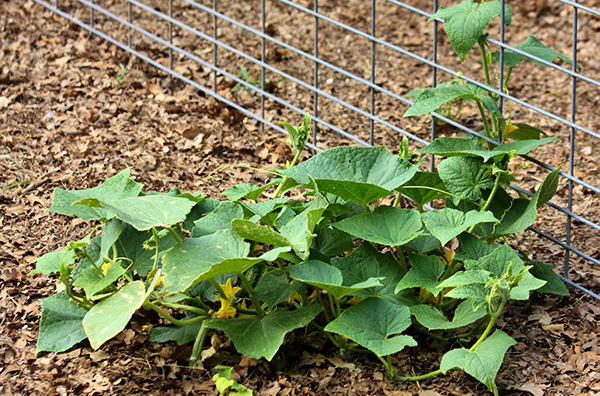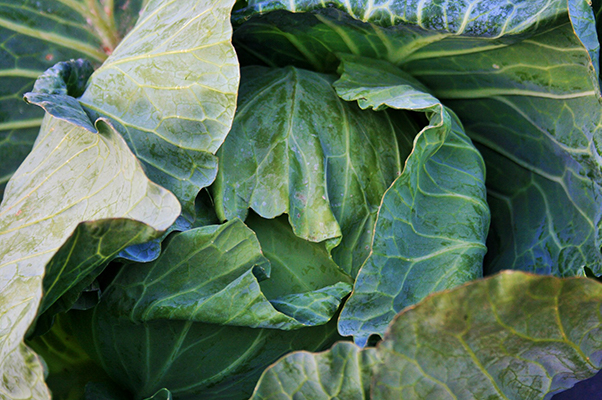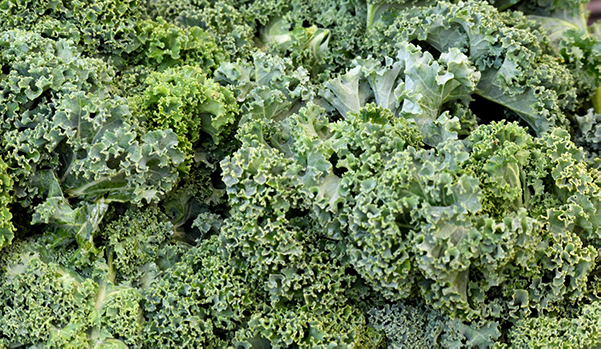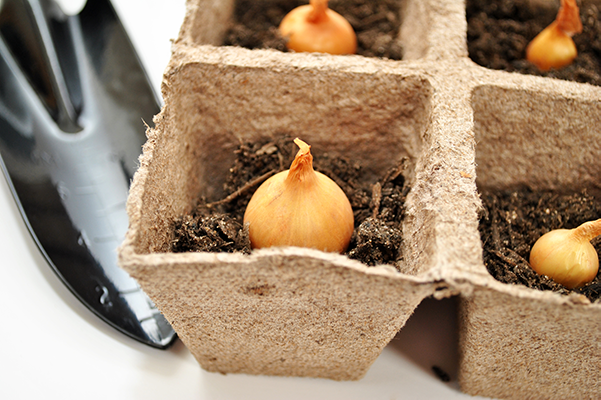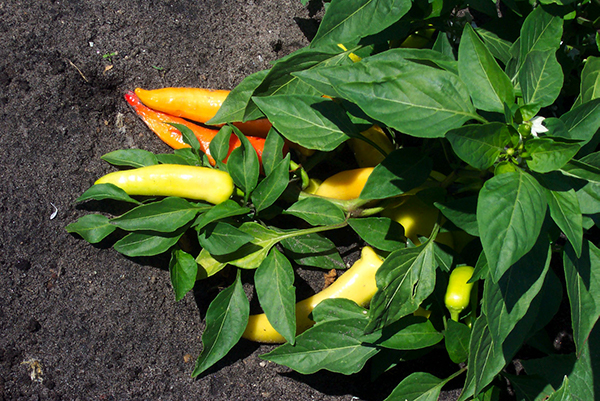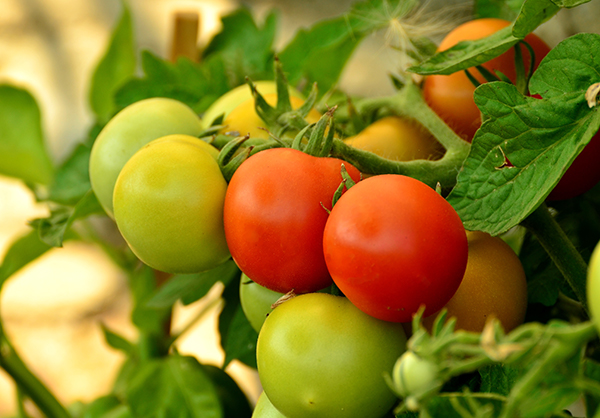But sometimes, no matter what you do, some plants just make bad neighbors. In this case, one plant may have allelopathic properties that affect the other. Allelopathy is a biological phenomenon by which an organism produces one or more biochemicals that influence the germination, growth, survival, and reproduction of other organisms.
Double check your plans to make sure you haven't situated any garden nemeses next to each other.

